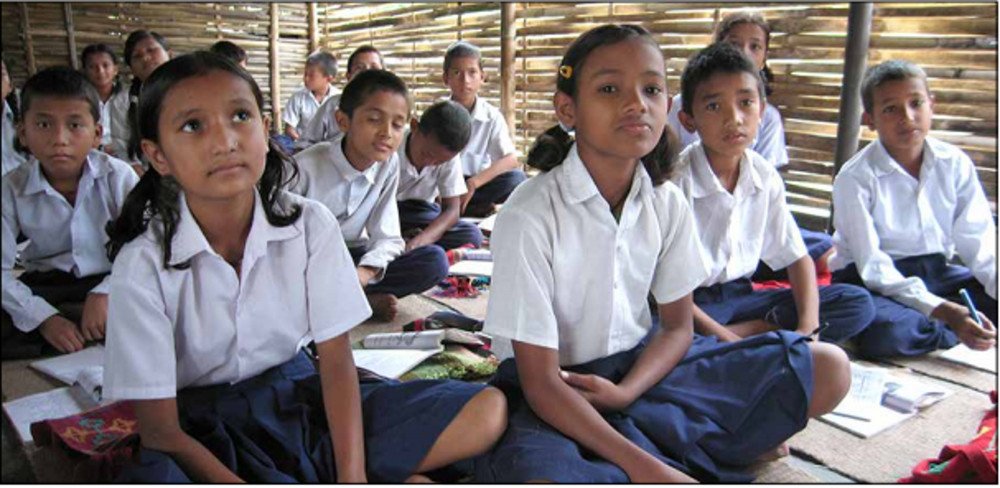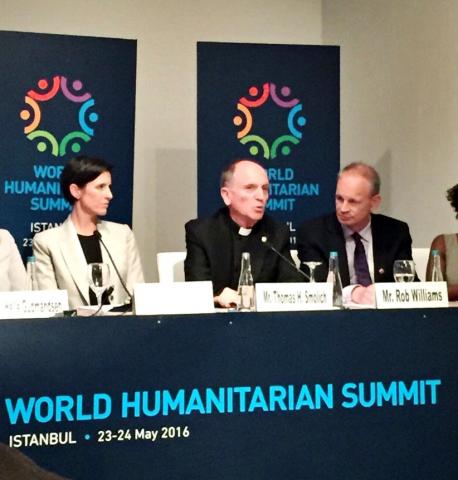The Jesuit Refugee Service (JRS) has published a report confirming that education is a life-saving intervention for children and adolescents forcibly displaced from their homes. “This report highlights the need to prioritise education for refugees and those displaced by conflict and crisis and ensure that these important programmes receive the resources and political support they deserve,” said Giulia McPherson, JRS/USA‘s Assistant Policy Director and author of the report entitled Providing Hope, Investing in the Future: Education in Emergencies & Protracted Crises.
For decades, in emergencies where many agencies provide basic humanitarian assistance, JRS has been on the ground organizing educational and recreational activities to heal trauma, promote human dignity, and build skills.
Today, more than 75 million children and young people have their education disrupted or destroyed by emergencies and prolonged crises. Attacks on schools, wars, natural disasters and the largest refugee crisis since World War II have increased the need for education in emergencies.
Despite this need, less than two percent of all humanitarian funding has gone to education every year since 2010.
However at the World Humanitarian Summit in Istanbul on May 23 and 24, the international community made a significant commitment to education by launching the Education Cannot Wait Fund. The effort aims to both mobilize and coordinate support for programmes that meet the educational needs of children and youth affected by crisis.
“Displaced children are more likely to become the youngest labourers in the factory, the youngest brides at the altar, and the youngest soldiers in the trench. Every year, close to a half-million girls are trafficked and vanish,” said Gordon Brown, former Prime Minister of the United Kingdom and now United Nations Special Envoy for Global Education.
JRS International Director Fr Thomas Smolich SJ is participating in the summit. Speaking from Istanbul, he said, “Education Cannot Wait is an important step forward in helping to ensure that the most vulnerable and disenfranchised have access to an education. JRS feels education is always part of any emergency situation.”
He explained, “Education is not just about teaching, it is about offering child protection.”
In December 2015, JRS launched the Mercy in Motion 2016 campaign. Funds raised by the campaign will implement the JRS Global Education Initiative, which aims to robustly expand both formal and informal education programs — from primary school to university, and including vocational education and teacher training. [Jesuit Refugee Service, JRS USA]
Download the full report here.








